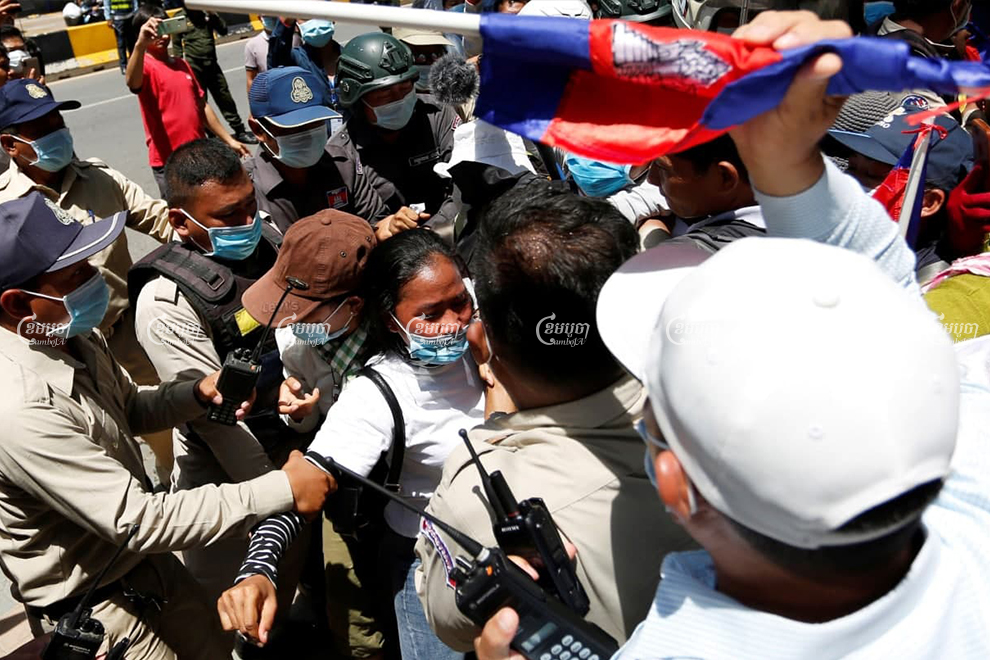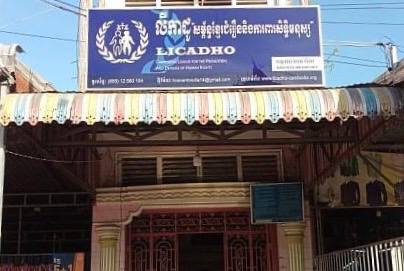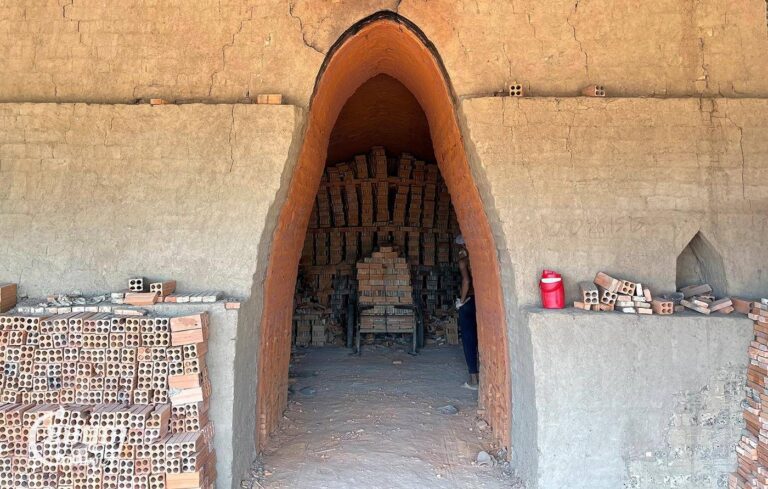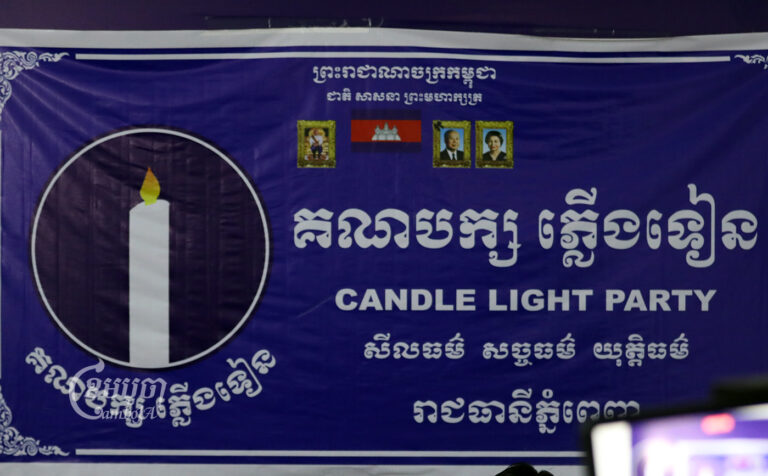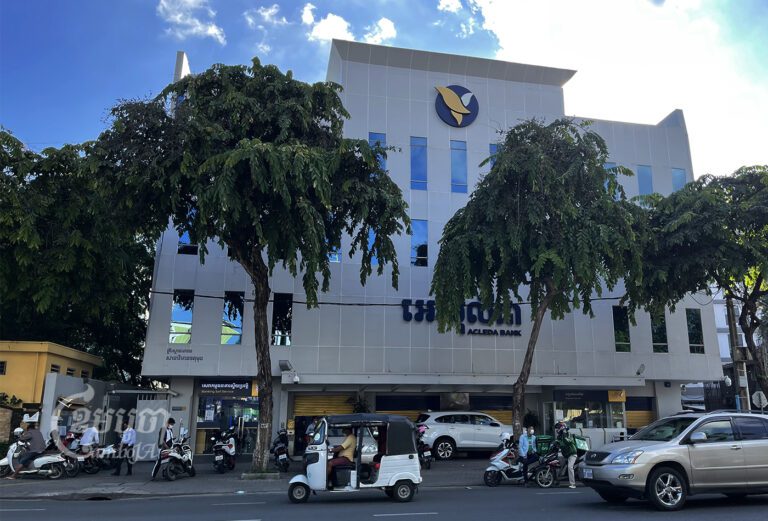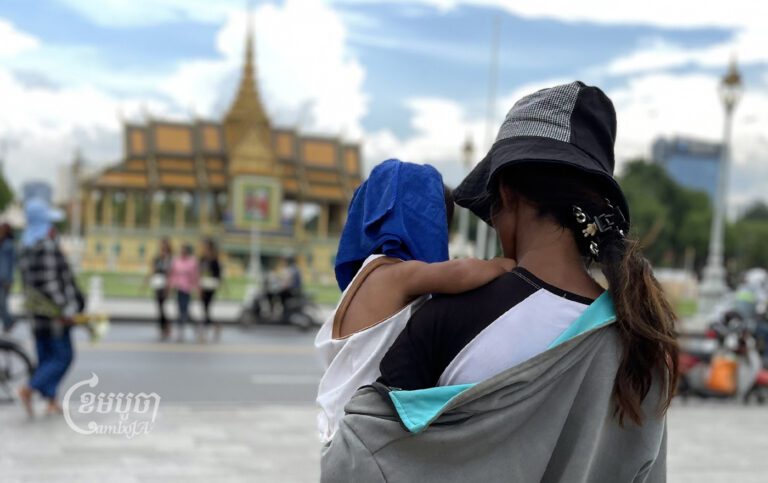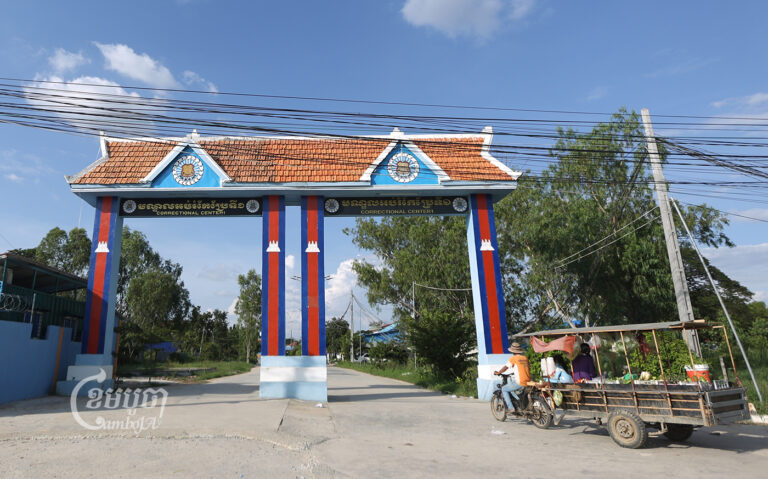The Cambodian government embarked on a campaign to target human rights defenders and curtail fundamental freedoms, as per a new report from local rights group Licadho, an escalation of persecution they say followed the dissolution of the Cambodia National Rescue Party.
The rights group released a new report on Friday, titled “The Fight for Freedom: Attacks on Human Rights Defenders 2018-2020,” which is a qualitative analysis of the government’s attack on rights activists, constitutional rights, such as freedom of expression and association, and the use of new laws aimed at furthering their repressive tactics.
The report highlights cases following the dissolution of the CNRP, which the rights group said made non-political activists even more susceptible to targeting by the government. The CNRP was dissolved in 2017 for an alleged color revolution, ending the only political opposition at the time, with all the party’s commune seats distributed to other parties, especially the Cambodian People’s Party.
“The arrest and imprisonment of more than a dozen human rights defenders in the second half of 2020 has capped off three years of increasing repression of peaceful advocacy and activism by the ruling Cambodian People’s Party,” read a statement released along with the report.
The rights group is referring to the detention of prominent unionist Rong Chhun for visiting farmers, he said, had lost land during border demarcations with Vietnam – a claim rejected by the government.
After Rong Chhun, who is also the president of the Cambodian Confederation of Unions, was arrested in late July, a number of youth and environmental activists protested on the streets of Phnom Penh, leading to a dozen or so additional arrests.
The report uses case studies of fledgling youth activist group Khmer Thavrak and environment movement Mother Nature, to illustrate how dissenting groups saw a number of their members arrested on criminal charges, such as incitement.
Licadho also pointed to the harassment for Boeung Kak land activist Tep Vanny who had to flee the country after years of legal proceedings against her, the conviction of five staffers of rights group ADHOC, dubbed the “ADHOC 5,” and the targeting of the Prey Lang Community Network for its advocacy and protection activities in the fast-disappearing protected area.
Another concern expressed by a wide range of local and international rights groups has been Cambodia’s embrace of new or draft legislation – most passed by a one-party parliament of CPP members – that have only aided in the government’s ability to curtail citizens’ rights.
These include a proposal for an internet gateway to control online traffic, lese-majeste provisions that have been used to make a handful of arrests, constitutional amendments, and more recently the “state of emergency” law that allows the government sweeping and unprecedented power in the case of a so-called crisis or disaster facing the nation.
“Taken together, these laws further empower the government to wield arbitrary and absolute power to suppress fundamental human rights and silence those who work to defend them,” reads the Licadho report.
The group said the government must release all jailed human rights defenders and drop the charges against them, stop the use of security forces to break up protests, and repeal or substantially amend laws such as the Law on NGOs, Trade Union Law and the “state of emergency” legislation.
Am Sam Ath, deputy director for monitoring at Licadho, said the lack of a political opposition had aided in the government’s crackdown of activists attempting to advocate for their rights through protests and demonstrations.
“We want the government to investigate any abuses against human rights defenders,” he said. “We want the government to amend some articles of the criminal code to ensure the people’s freedom of expression.”
Chin Malin, deputy president of the Cambodian Human Rights Committee, said the report was not reflective of the ground situation in Cambodia, and said there was no relation between the dissolution of the CNPR and alleged targeting of human rights defenders.
“They evaluate the situation of human rights and law implementation based on a superficial image, so the report is not new,” he said. “They always raise concerns about human rights abuses but they don’t judge them based on the realities of the law.”
Malin dismissed the recommendations made by Licadho, claiming that all laws in Cambodia were reflective of the country’s social development and were in compliance with the Constitution.
Seng Sary, an analyst at the Cambodian Institute for Democracy, said that political parties, associations, human rights defenders and non-governmental organizations were important to a healthy democratic system.
“We have the rule of law, so any laws must serve the interests of the public and people. We are not the rule by law which is established to serve only a group of people and punish or pressure those who oppose them.”


